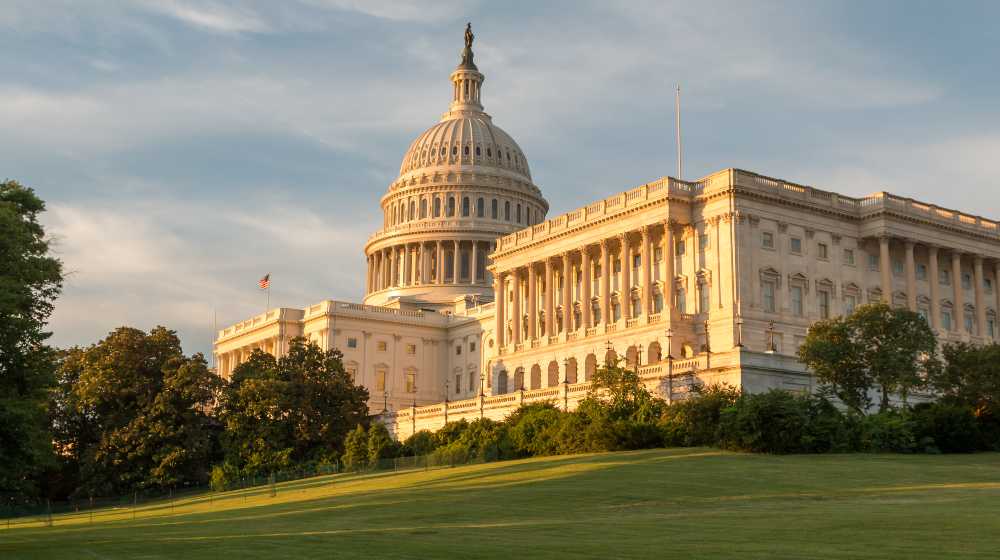Debt Ceiling
US House Concurs With Senate to Raise Debt Ceiling

US House of Representatives gave final approval on Tuesday to a Senate-passed bill temporarily raising the government's borrowing limit to $28.9 trillion, putting off the risk of default at least until early December.
RELATED: US Senate Approves Debt Ceiling Extension Until December
US House Concurs With Senate to Raise Debt Ceiling

Democrats, who narrowly control the House, maintained party discipline to pass the hard-fought, $480 billion debt limit increase by 219-206. The vote was along party lines, with every yes from Democrats and every no from Republicans.
President Joe Biden is expected to sign the measure into law this week, before Oct. 18, when the Treasury Department has estimated it would no longer be able to pay the nation's debts without congressional action.
Republicans insist Democrats should take responsibility for raising the debt limit because they want to spend trillions of dollars to expand social programs and tackle climate change.
Democrats say the increased borrowing authority is needed largely to cover the cost of tax cuts and spending programs during former Republican President Donald Trump's administration, which House Republicans supported.
House passage warded off concerns that the United States – the world's largest economy – would go into default for the first time, but only for about seven weeks, setting the stage for continued fighting between the parties.
You Might Also Like:
- Social Security To Raise Benefits By 5.9% Starting Next Year
- This Winter, Expect Your Heating Bills To Rise By 50%
- Americans May Face Empty Shelves
Keep up to date with the latest finance news by following us on Facebook and Instagram.
Article Source: NewsEdge















